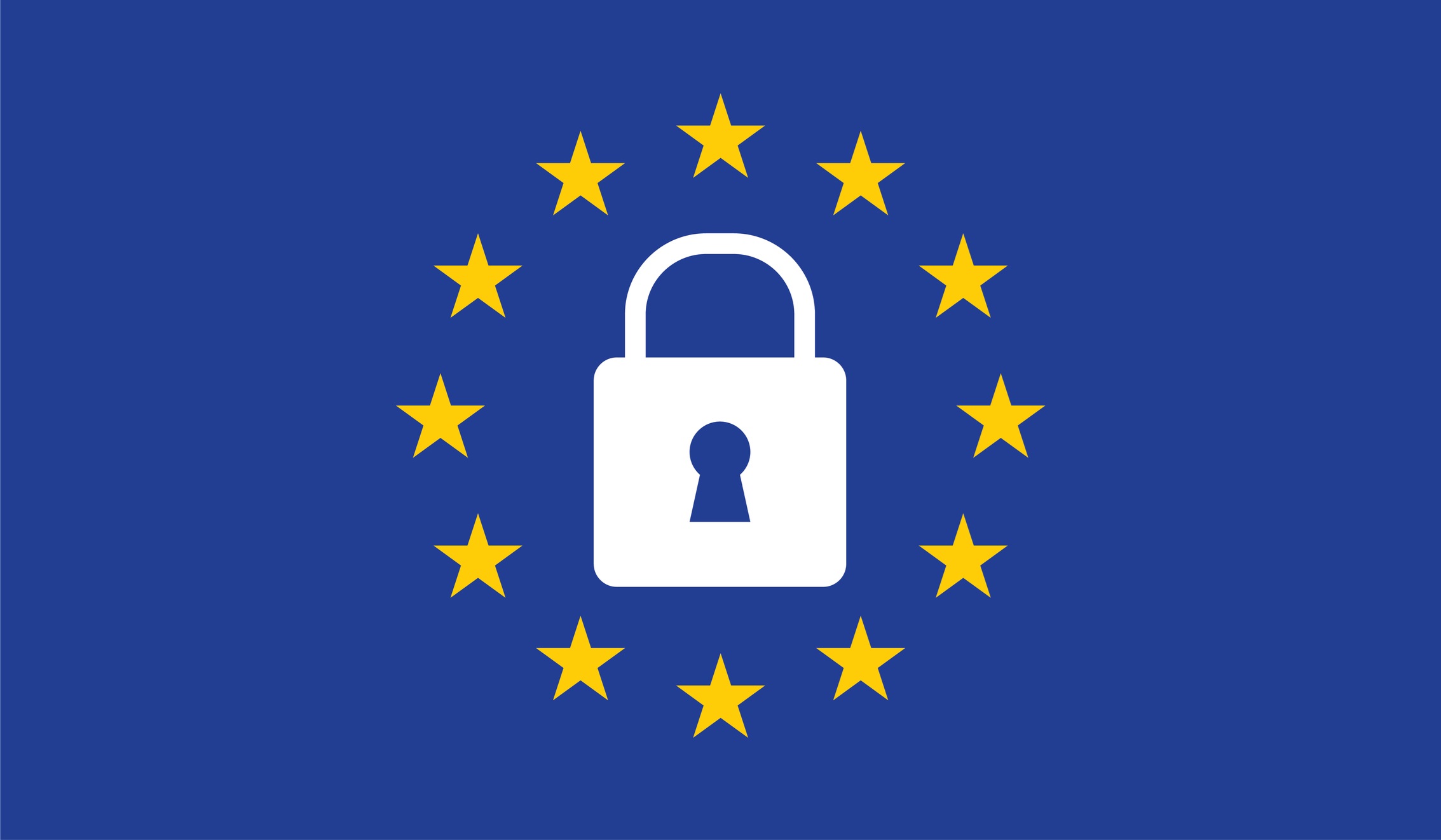The GDPR outlines several fundamental principles organisations must follow when handling personal data. These principles include lawfulness, fairness, transparency, purpose limitation, data minimisation, accuracy, storage limitation, integrity and confidentiality, and accountability. To adhere to these principles, organisations must clearly understand the data they collect, process, and store and the legal basis for these actions. They must implement suitable technical measures to safeguard personal data from unauthorised access, alteration, or destruction.
Secure messaging and data protection
Secure messaging platforms offer a range of features that help organisations comply with GDPR requirements related to data protection. These features include end-to-end encryption, ensuring only intended recipients can access the message content. Encryption prevents unauthorised interception of data during transmission and storage, making it crucial for protecting personal information. Secure messaging solutions often provide granular access controls, allowing organisations to restrict access to sensitive data based on user roles and permissions.
Data minimization and retention
The GDPR emphasises the importance of data minimisation, which means collecting and processing only the personal data necessary for a specific purpose. Secure messaging platforms support data minimisation by enabling organisations to set retention policies for messages and attachments. These policies automatically delete data after a specified period, reducing the risk of unnecessary data accumulation. Organisations should carefully consider their data retention needs and establish policies that balance the requirements of the GDPR with their operational and legal obligations.
Consent and data subject rights
Under the GDPR, individuals have the right to be informed about how their data is being processed, and they must provide explicit consent for certain types of processing. Secure messaging solutions help organisations obtain and manage user consent by providing clear privacy notices and allowing users to control their communication preferences. These messaging platforms enable organisations to efficiently and promptly address data subject requests, including access, rectification, or erasure of personal data.
Data breach notification
If a data breach occurs, organisations must inform the relevant supervisory authority within 72 hours of discovering the breach unless it is unlikely to pose a risk to the rights and freedoms of individuals. Secure messaging platforms help detect and respond to data breaches by offering real-time monitoring and alert notifications. These features help organisations quickly identify and contain breaches, minimising the potential impact on data subjects and ensuring timely notification to the appropriate authorities.
Vendor management and data processing agreements
When using secure messaging platforms provided by third-party vendors, organisations must ensure that these vendors are also GDPR compliant. The GDPR requires organisations to understand their GDPR responsibilities and personal data on their behalf. Organisations should perform thorough due diligence when choosing secure messaging vendors, evaluating their GDPR compliance and capability to meet the organisation’s specific data protection needs. Check notesonline.com for more info about notesonline.com.








Comments